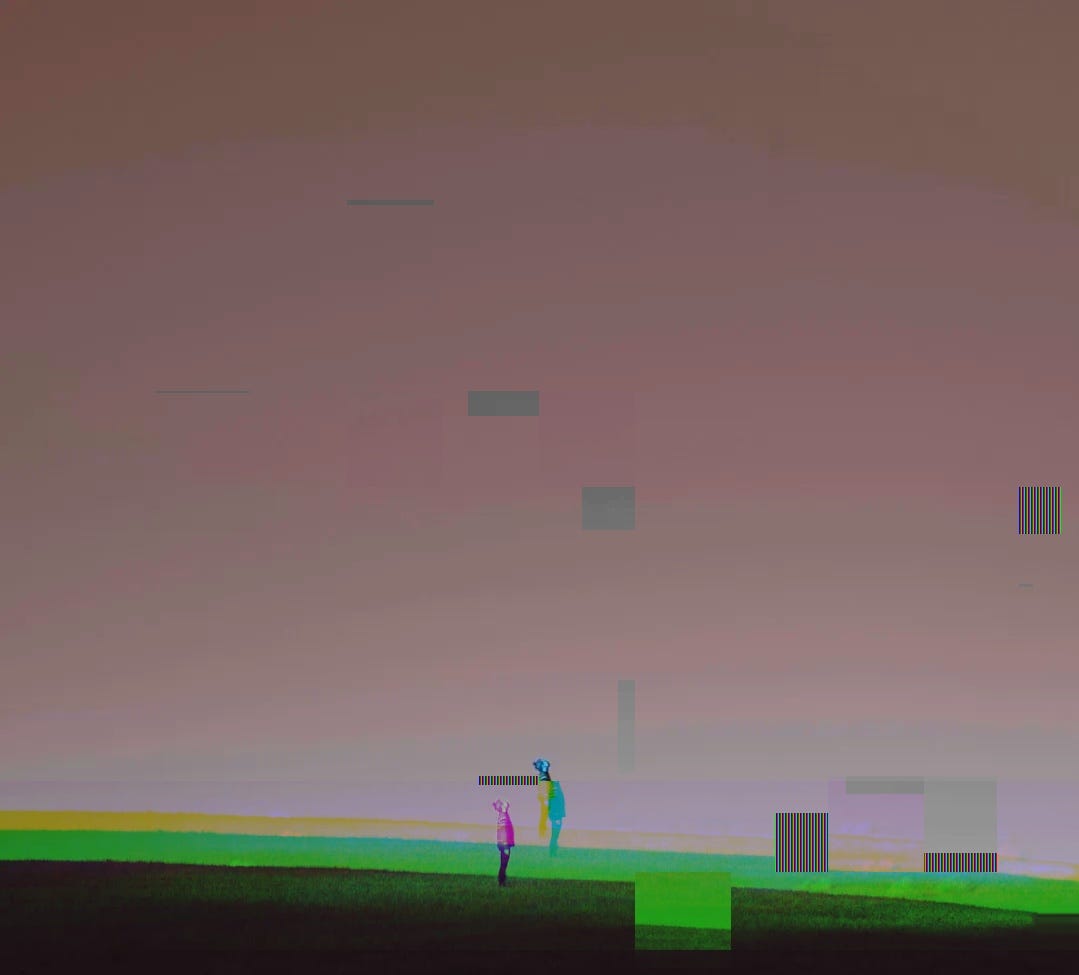I’ve been working on something new and I’ve been struggling.
I got and idea for a new story back in November. At the time, I pitched the basic concept to people and, as a person who relies heavily on external validation, when people seemed to like it I decided I would move forward. I put it aside temporarily in December and January to do studio notes…
Keep reading with a 7-day free trial
Subscribe to INSPIRED to keep reading this post and get 7 days of free access to the full post archives.





